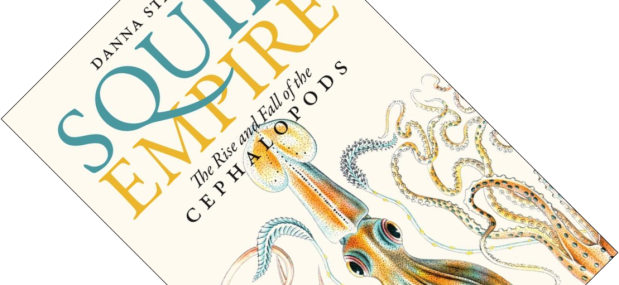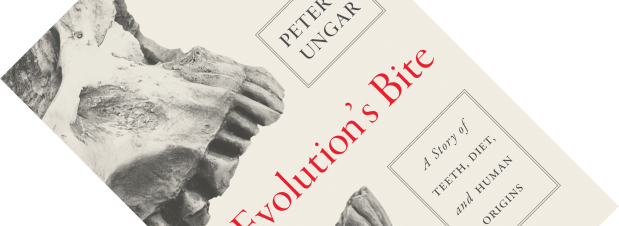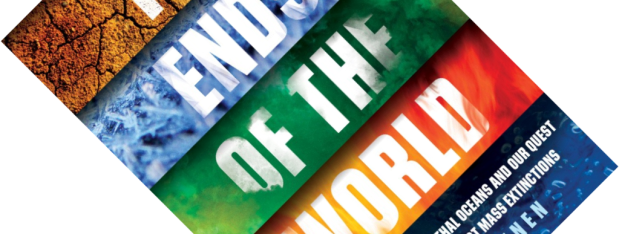So you think you know what science is? I thought I did. I mean, we notice patterns, formulate hypotheses, gather observations to see if our ideas are supported or not, and discard or accept our hypotheses. And this is what we do. Yet, as philosopher Paul Dicken shows in this lightly written introduction to the philosophy of science, there is no good definition of the scientific method, though there are plenty of misconceptions.
climate change
Book review – Squid Empire: The Rise and Fall of the Cephalopods
Cephalopods, the group of molluscs that include the octopus, squid, cuttlefish and nautilus, are some of the most fascinating invertebrates to live in the world’s seas. Especially the octopus is famed for its intelligence and mind-bending acrobatics, being able to squeeze through the smallest hole. There have been some fantastic popular books on cephalopods recently, from William’s entertaining Kraken: The Curious, Exciting, and Slightly Disturbing Science of Squid to several works focusing on the octopus (Godfrey-Smith’s Other Minds: The Octopus and the Evolution of Intelligent Life, Montgomery’s touching The Soul of an Octopus: A Surprising Exploration of One of the World’s Most Intriguing Creatures, which made me tear up in more than one place, Mather et al.‘s Octopus: The Ocean’s Intelligent Invertebrate, and Harmon Courage’s Octopus! The Most Mysterious Creature in the Sea). But, as marine biologist Danna Staaf remarks, what’s been missing is a popular book on the evolution of cephalopods. Having been fascinated with them since childhood, she eventually decided to write Squid Empire. All hail the squid!
Book review – The Fate of Rome: Climate, Disease, & the End of an Empire
Somewhere in chapter 2, Kyle Harper remarks how historians have become unintentional beneficiaries of ongoing climate change, as scientists turn to palaeoclimatic records such as ice cores, tree rings, and sediments to understand fluctuations in earth’s climate. This bonanza of data allows historians a new way to look at past events. And thus was born the discipline of environmental history, which emphasizes the active role the natural environment can have on human affairs. In The Fate of Rome, Kyle Harper looks at one of those defining moments in human history, the decline and fall of the Roman empire, and the role of climate change and pandemics.
Book review – Rise of the Necrofauna: The Science, Ethics, and Risks of De-Extinction
How to Clone a Mammoth, Resurrection Science, Bring Back the King, and now Rise of the Necrofauna. There has been no shortage in recent years on books written for a general audience that talk about de-extinction: the controversial idea of resurrecting extinct species using recent advances in biotechnology. Futurist Alex Steffen catchily refers to them as the necrofauna mentioned in the book’s title. Rather than focusing on the technical side of things, radio broadcaster and writer Britt Wray here foremost discusses the ethical, legal and other questions this idea raises. And once you start thinking about it in earnest, it raises many thorny issues. No wonder it has been a controversial issue.
Book review – Evolution’s Bite: A Story of Teeth, Diet, and Human Origins
“Show me your teeth and I will tell you who you are” Cuvier is reported to have said. That, in short, is the brief of this book. Drawing on a range of disciplines – such as archaeology, palaeoclimatology, materials science, primatology, anthropology and evolutionary biology – this book weaves a compelling narrative of what our teeth, and those of our ancestors, can tell us about our past diets, and how we came to be the species we are today. Why teeth? Because, as Ungar contends, teeth are special.
Book review – The Ends of the World: Volcanic Apocalypses, Lethal Oceans and Our Quest to Understand Earth’s Past Mass Extinctions
Aaaah… the Apocalypse. Who doesn’t love Hollywood’s favourite movie trope? The spectacle, the drama, and the foreboding knowledge that – oh, spoilers – everyone dies at the end. There has been no shortage of good eschatological writing in recent years. Some books to come to mind are Erwin’s imaginatively titled Extinction, Wignall’s recent The Worst of Times, or Alvarez’s T. rex and the Crater of Doom – those pesky dinosaurs remain a popular subject. Do we really need another popular science book about mass extinctions? Given the continued developments in our understanding, and given that you get not one, not two, but all five for the price of one, I’d say yes. As far as I can tell the last comparable book was Hallam & Wignall’s 1997 Mass Extinctions and their Aftermath, published by Oxford University Press, which was a more academic treatise. So, get your bucket of popcorn ready and roll on the Apocalypse!






